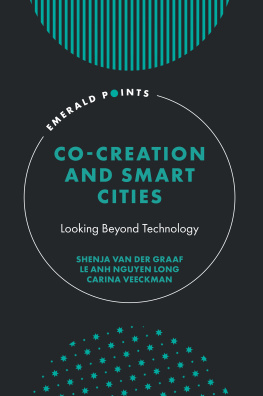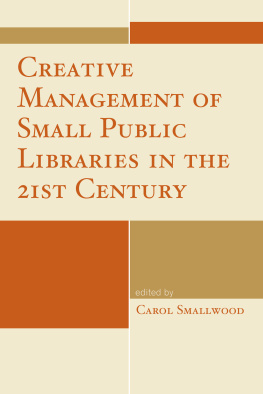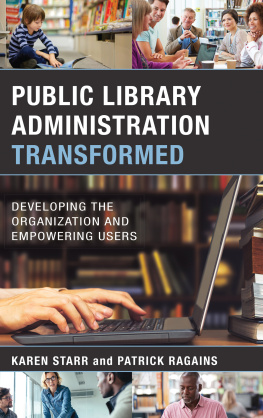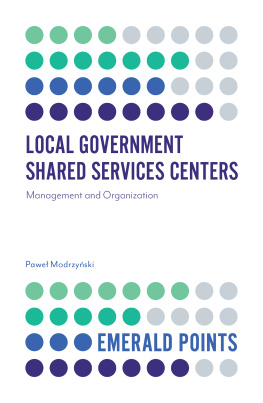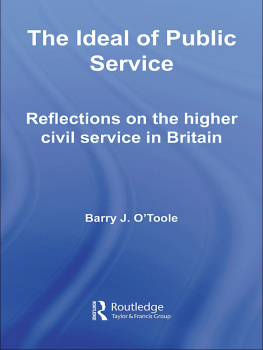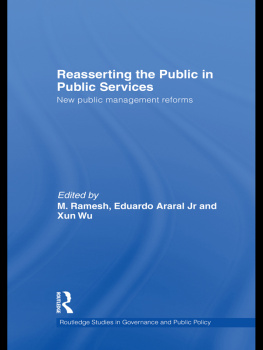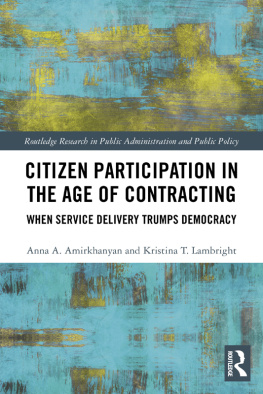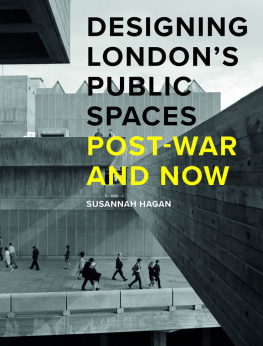Shenja van der Graaf - Co-Creation and Smart Cities: Looking Beyond Technology
Here you can read online Shenja van der Graaf - Co-Creation and Smart Cities: Looking Beyond Technology full text of the book (entire story) in english for free. Download pdf and epub, get meaning, cover and reviews about this ebook. year: 2021, publisher: Emerald Publishing Limited, genre: Politics. Description of the work, (preface) as well as reviews are available. Best literature library LitArk.com created for fans of good reading and offers a wide selection of genres:
Romance novel
Science fiction
Adventure
Detective
Science
History
Home and family
Prose
Art
Politics
Computer
Non-fiction
Religion
Business
Children
Humor
Choose a favorite category and find really read worthwhile books. Enjoy immersion in the world of imagination, feel the emotions of the characters or learn something new for yourself, make an fascinating discovery.
- Book:Co-Creation and Smart Cities: Looking Beyond Technology
- Author:
- Publisher:Emerald Publishing Limited
- Genre:
- Year:2021
- Rating:3 / 5
- Favourites:Add to favourites
- Your mark:
Co-Creation and Smart Cities: Looking Beyond Technology: summary, description and annotation
We offer to read an annotation, description, summary or preface (depends on what the author of the book "Co-Creation and Smart Cities: Looking Beyond Technology" wrote himself). If you haven't found the necessary information about the book — write in the comments, we will try to find it.
Cities are possibly the most dynamic and important administrative units today. Cities play big roles in addressing many of the complex challenges the world is facing today, including climate change, public health, and migration. This places pressure on public administration and the public sector, to do more with less, particularly at the local level where government services have the most direct impact on peoples everyday lives as well as paradigmatic societal shifts associated with the rise of platform economies and new consumption patterns which transform public service delivery whilst changing public expectations.
Co-creation and Smart Cities: Looking Beyond Technology highlights ways to meet these new demands with a more robust value-based perspective on public service development and delivery, specifically via co-creation. Co-creation is a way to plan, execute and evaluate public service design and delivery for contemporary cities, a valid means to support the balancing act of promoting efficient and cost-effective governance. Built on insights gained through years of experience with and research on co-creation, as well as testimonials from practitioners, this volume presents collaborative and innovative solutions associated with smart city ideals, while continuing to develop a citizen-centric focus that is sustainable over time.
Co-creation and Smart Cities helps structure co-creation processes that foster responsible innovation and a systemic, value-based approach to sustainable urban development. This title will be of interest to government officials, researchers and bottom-up communities looking to implement methods for co-creation within cities.
Shenja van der Graaf: author's other books
Who wrote Co-Creation and Smart Cities: Looking Beyond Technology? Find out the surname, the name of the author of the book and a list of all author's works by series.

